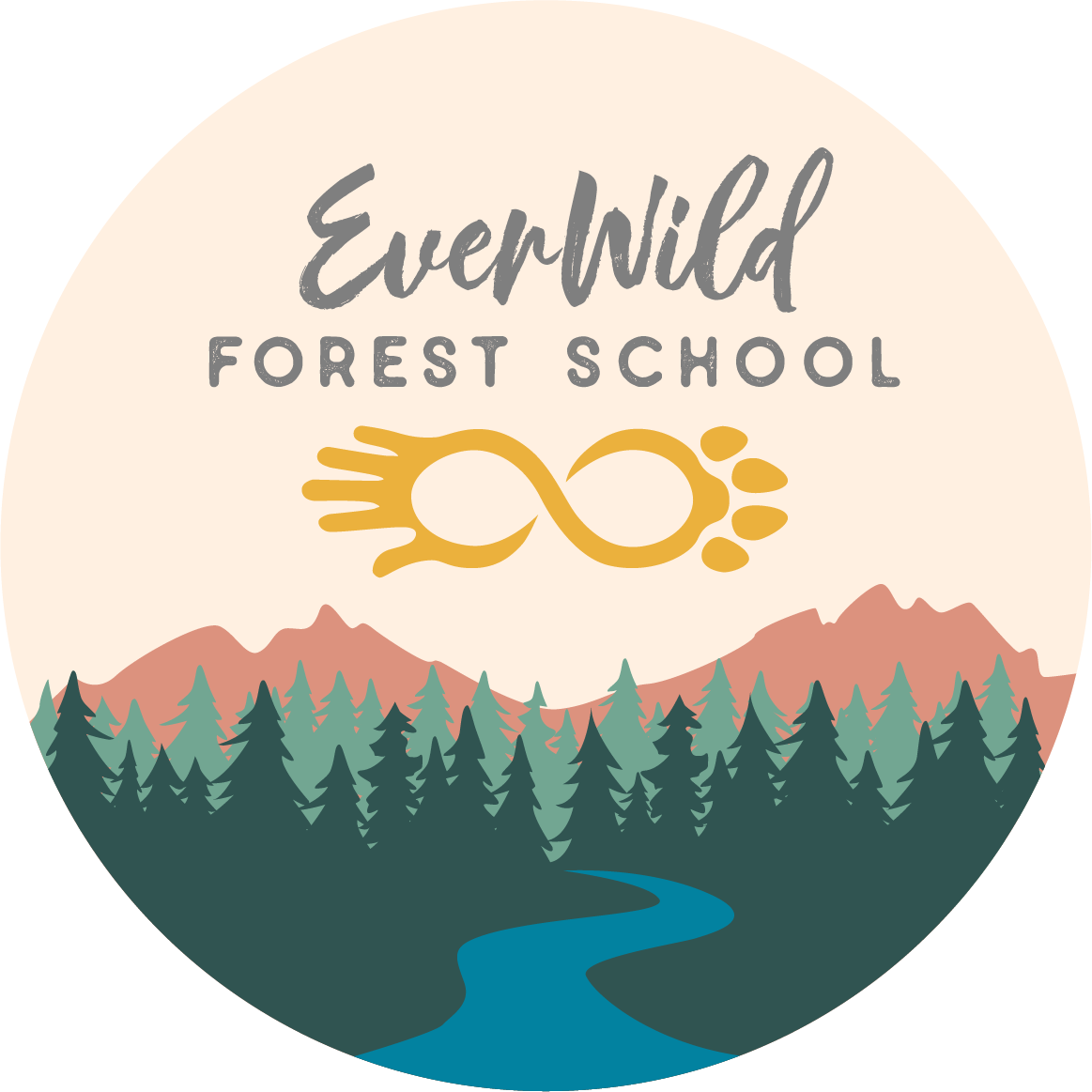How Nature Inspires Social-Emotional Learning
The Power of Nature
Social-emotional learning, otherwise known as SEL, is gaining recognition as an important topic for youth wellbeing. Social-emotional learning, as defined by the Collaborative for Academic, Social, and Emotional, Learning, is the process through which all young people and adults acquire and apply the knowledge, skills, and attitudes to develop healthy identities, manage emotions and achieve personal and collective goals, feel and show empathy for others, establish and maintain supportive relationships, and make responsible and caring decisions.
To summarize, these foundational skills allow us to achieve academic success, find fulfilling careers, maintain healthy relationships and partake in responsible civic engagement. These are the skills that allow us to navigate and meet challenges in life to ensure we can find success, happiness and community.
Social-emotional learning focuses on these 5 skills:
Self-awareness: The ability to identify and recognize one’s own emotions and thoughts and understand how they impact behavior.
Social awareness: Having empathy and respect for others and the ability to take on different perspectives.
Responsible decision making: The ability to make ethical, constructive choices about personal behavior and social interactions.
Self-management: Being able to manage one’s emotions and impulses, manage stress, and set personal goals.
Relationship skills: Having the capacity to establish and maintain healthy, supportive relationships.
Developing these skills is paramount for a child to not only succeed in school, but also in their life ahead. How can we harness the power of nature to further benefit social-emotional learning for the children in our lives? The Children in Nature Network, a resource for outdoor educators working to increase nature connection in youth, has made 6 recommendations. Through our nature-based curriculum and holistic view of child development, EverWild Forest School provides opportunities for youth in our programs to engage in nature following these 6 impactful recommendations. Read on to see how we do it, and how you can harness the power of nature at home to benefit your child’s social-emotional development.
Focus nature-related initiatives on nature engagement and nature connection, not just on nature exposure. Forest School programs have nature engagement and connection at the center of their practices. You can complement this at home by providing hand lenses to deepen your child’s exploration and by partaking in the awe-inducing moments of discovery with your children!
Provide opportunities for self-guided exploration during nature-based experiences. Nearly 50% of a student’s day at EverWild Forest School is spent in self-guided exploration of the natural world around them. Provide extra support to your child by allowing them to stop and smell the flowers, collect stones and splash in puddles during family walks or hikes!
Engage children in gardening activities. While EverWild does not have a garden on-site, we do actively participate in habitat stewardship activities, such as the planting and care of native pollinator plants. Children love to garden, so whether you have room for a small window plant or an expansive backyard planter, be sure to invite your child to help care for and maintain the garden with you!
Provide direct experience with animals and other natural elements. At EverWild Forest School, children are able to connect directly with the wildlife around them. From watching Osprey dive down to the river in search of their next meal to investigating the homes of invertebrates on land and in the water, students are invited into the wild world each day. Backyard bird feeders are a wonderful way to facilitate close-up observation of wild animals at home!
Conduct academic classes outdoors. EverWild’s seasonal, place-based curriculum engages children of all ages with hands-on STEM learning. But outdoor learning doesn’t need to be confined to a child’s participation in our program. Taking math, language arts, science and social studies outside of the home can invite creative opportunities to deepen your child’s understanding of these subjects while having a lot of fun!
Integrate the creative arts and nature-based activities. We love the creative arts, and our educators have a wide variety of art-based activities and supplies available to engage and enhance learning at EverWild. The outdoors is the perfect place for your young artist to explore with freedom, and it makes clean-up a cinch. Or perhaps you have a performance artist who would enjoy putting on an outdoor dance or music concert for the whole family to enjoy!
Paring these activities with nature has been shown to have great benefits to students of all ages. A Forest School environment naturally benefits a child’s social-emotional development!

